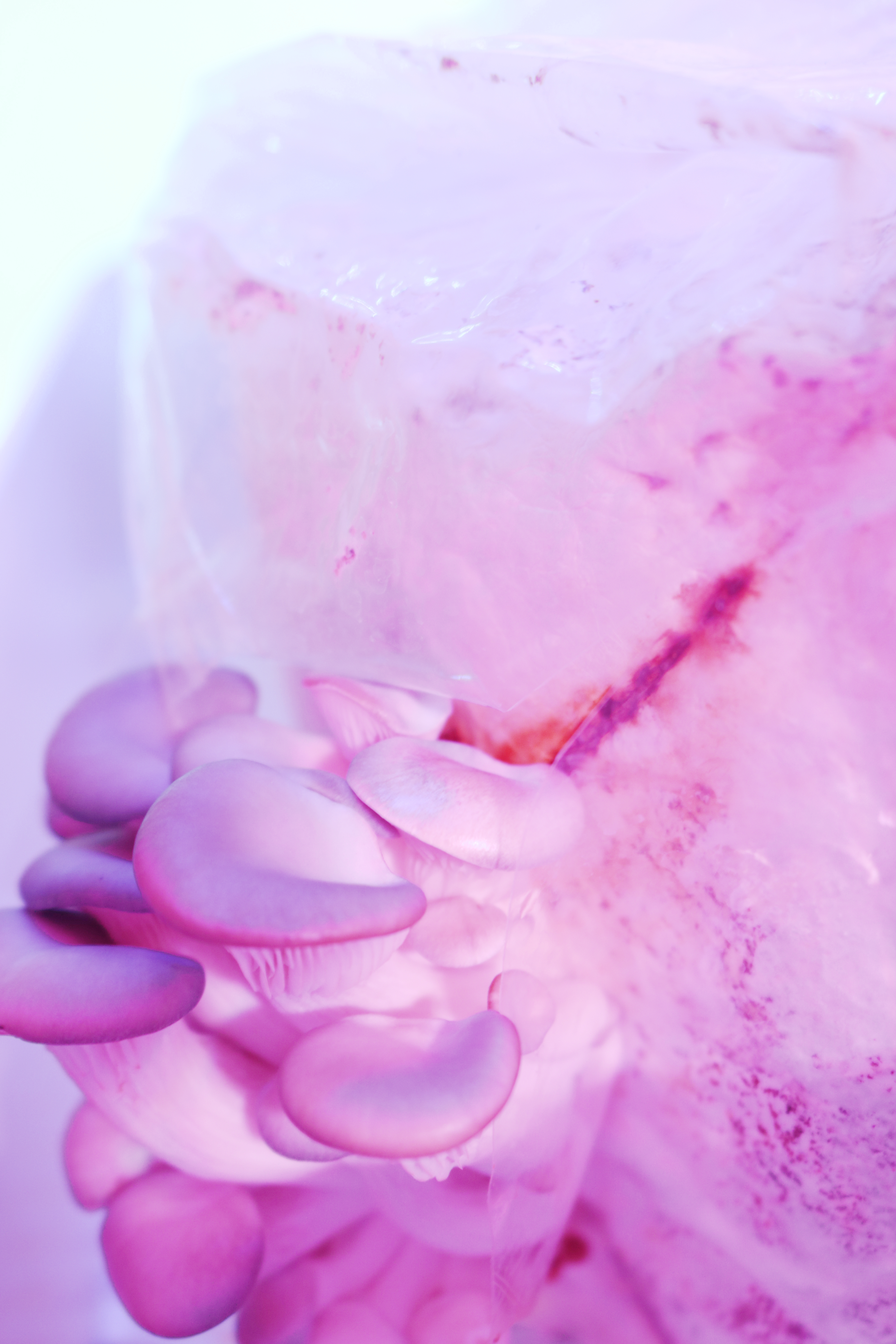2020 Student Awards Update Part 2
The previous semester (Spring ‘20), the Tishman Environment and Design Center created student awards to help support the work of students doing research and projects around environmental and climate justice, which was especially critical during the beginning phases of the COVID-19 pandemic. We were glad to support fourteen projects which were carried out by twenty-three students from across the university.
In part two of the series, we highlight four more projects and as always we would like to thank all the students for their hard work and are proud to see them making a positive difference in the world.
The Roots Cafe Food Pantry
Guinevere McMichael, Master of Music in Voice, Mannes ‘20
The Roots Café Food Pantry is alive and well, continuing to provide our neighborhood with food and comfort during the Covid-19 crisis. We were able to make grocery deliveries to 49 home-bound families through June, feeding over 200 people who would have otherwise gone hungry. Though we have ceased our home delivery, we were able to provide this service to families for 2 months longer than we originally planned, and are committed to maintaining the in-person food pantry through the end of August. In addition to countless groceries and basic supplies, we have given away over 1500 soups and sandwiches. With the support of the community, and with the aid of amazing institutions like the New School, we have been able to make a small, but significant, difference in the lives of our fellow New Yorkers. For this we are grateful.
Every day at the pantry we have been witness to acts of love- our NYC neighbors have stood with us, putting love into action as they drop off food for others, stop by to help out, and donate to the cause. We have seen people choosing to love, choosing to care for others in the midst of hardship and trauma. We are proud to be part of a community that stands up for each other. We want to thank the Tishman Environment and Design Center for being part of that community and for helping us feed those in need.
Agritopias
Jae Pearl, Design & Technology, Parsons ‘20
Agritopias is an experimental agri-tech project designed in partnership with Prime Produce & Seeds to Soil Cooperatives. It is a decentralized food network comprising fifteen fostered food production stations adopted by participants. Participants fostering plants have the option to exchange and transplant their desired portion of their plant yield into an on-site aeroponic chamber. This project documents a network of exchange grounded in mutual aid principles. See the project website here.
Jennifer S. Ramirez, Ph.D. Candidate, MPA, MPhil
How do you engage with grassroots activists and leaders in vulnerable communities after a crisis? How do you make fast decisions about recovery resources and also ensure you tap into local knowledge about what needs to be done to build back those communities for the better? How do you facilitate and organize disparate groups when everyone you need is under extreme duress?
In 2005, when Hurricane Katrina hit the Gulf Coast of the United States, these were some of the questions that occupied the minds of program officers from several foundations who were working on disaster recovery and relief efforts. These questions have been the primary preoccupation in the last three years of my research as a PhD student and the issues that they bring forth will come up in the next few weeks as the nation grapples with the impact of Hurricane Laura. Understanding the who, the what, the how in disaster recovery – the disparate groups that come together to put back the pieces after a hurricane, fire, floods or Covid-19 is important in understanding theories of resiliency and social capital, particularly in the area of disaster management in vulnerable communities of color who are disproportionately impacted by large-scale disasters. READ MORE
Taming the Wild Coast: The Politics of Resilience in Climate Adaptation in Suriname
Katinka Wijsman, PhD Candidate, NSSR, Politics
“It is fighting against nature” Arjun explains, as we overlook the site where for the last weeks he has been working with a small crew on building a number of STUs - sediment trapping units.* We are waiting for a delivery of building materials in our soiled clothes under the scorching sun, overlooking the muddy flats stretching out before us where mangroves used to stand many and tall. Just the other day a lot of the work became undone as the tide came in, the water’s pressure loosening the construction of walaba poles and bamboo stems, which drifted away into the open water. The construction process has been tiring. What was supposed to take ten days has already lasted more than forty, the work in the water and mud more cumbersome than anticipated. A few weeks ago, Arjun barely escaped a major accident when he sunk into the mud shoulder deep with no-one else around and the tide coming in. READ MORE
I would like to thank TEDC for their support and all my interlocuters in Suriname who have made this project possible. For inquiries about the project please reach out to katinka.wijsman@newschool.edu
*Arjun is a fictional name.




